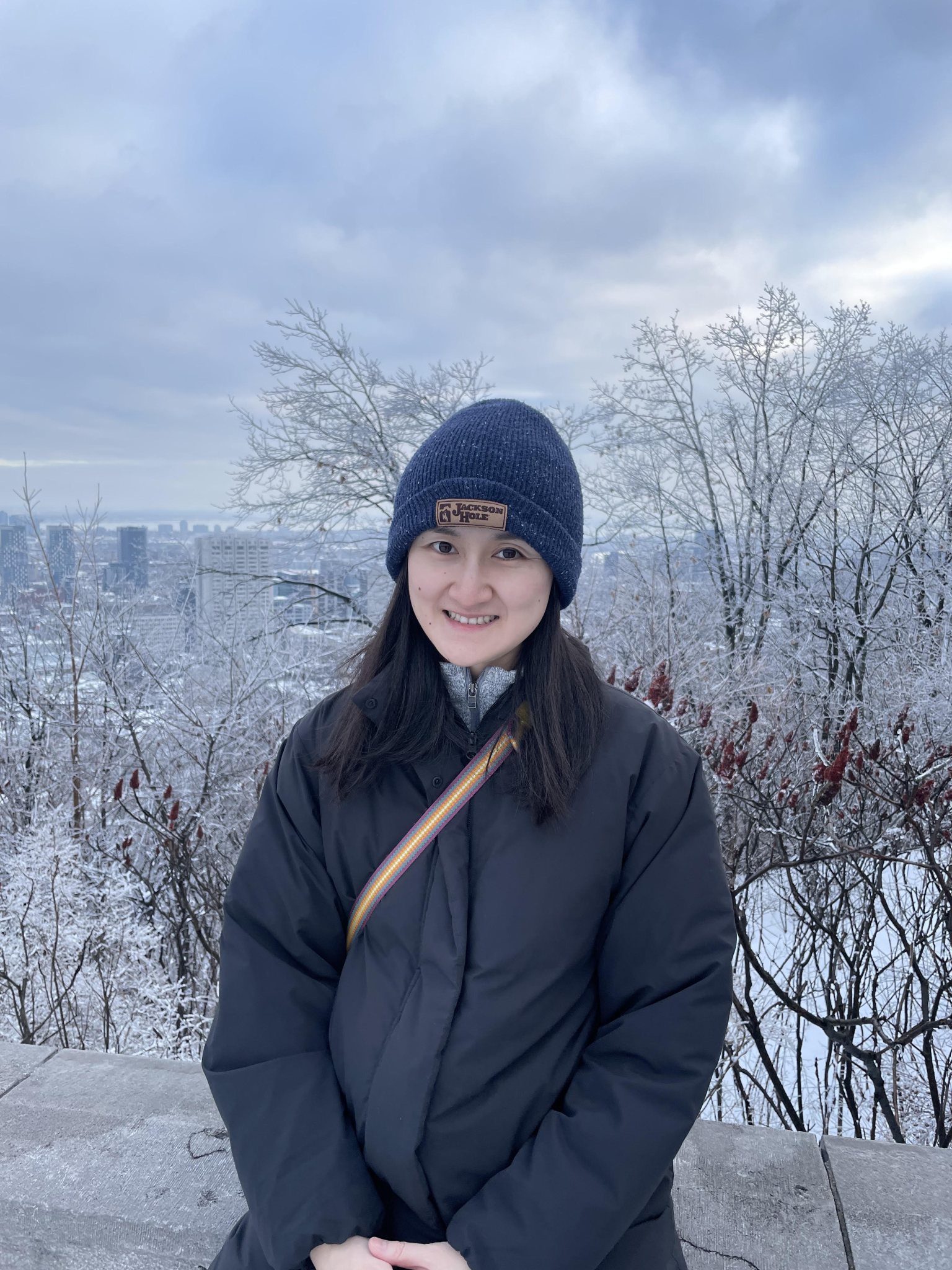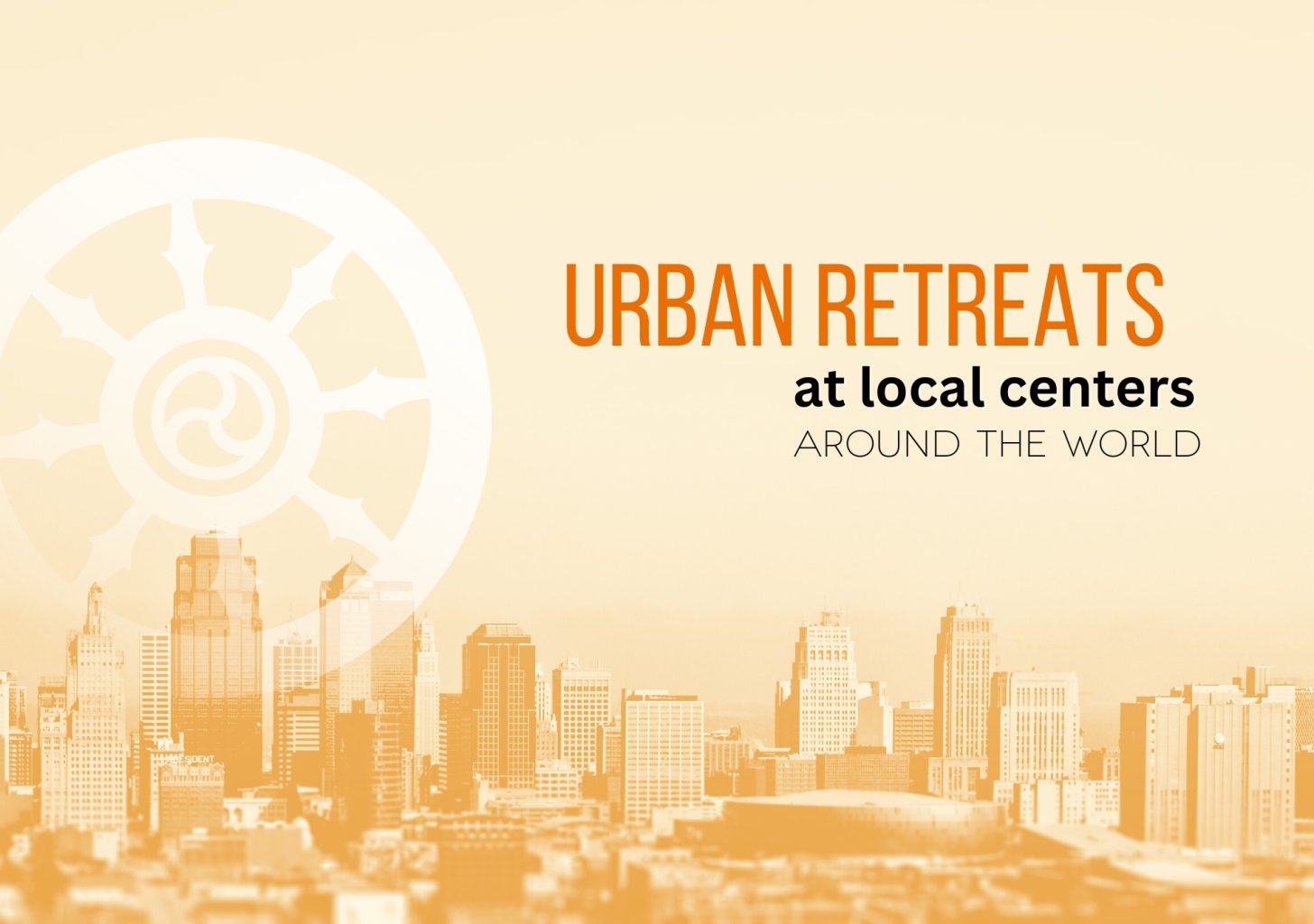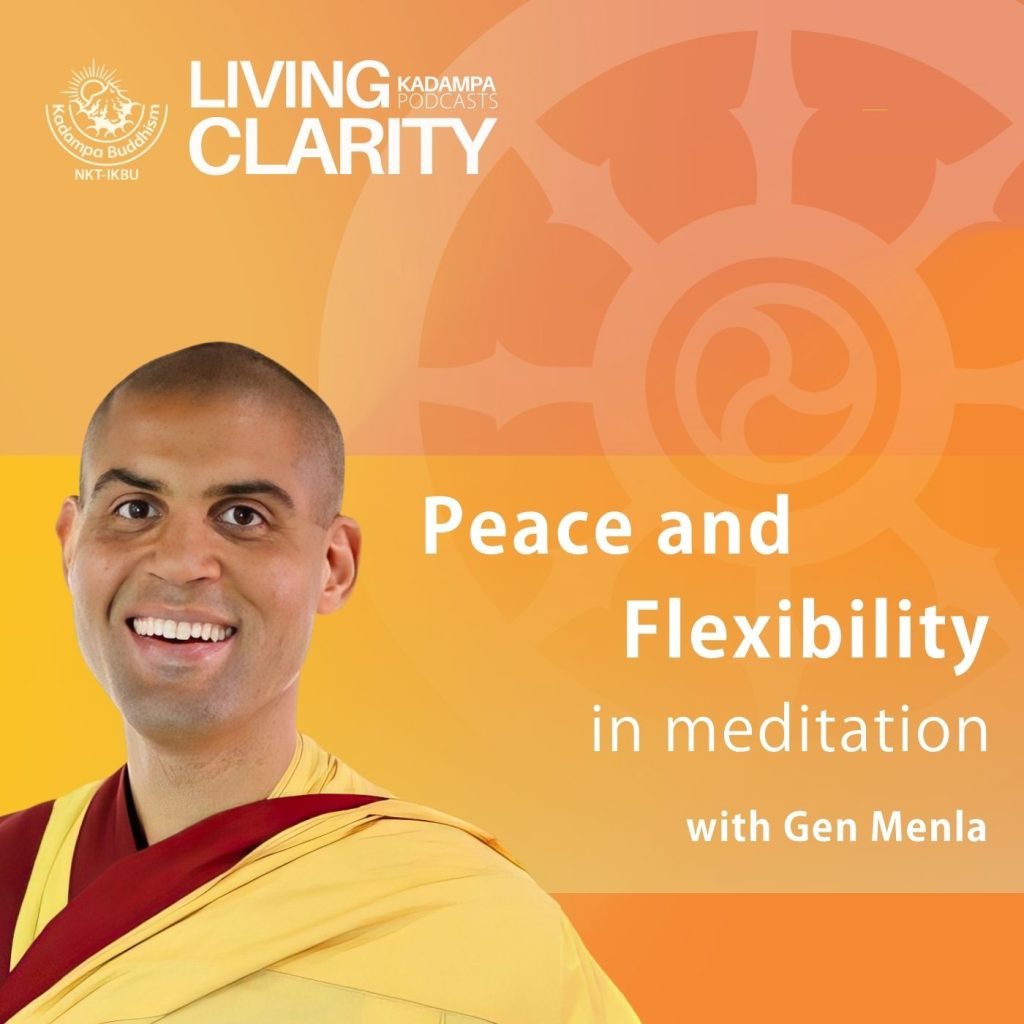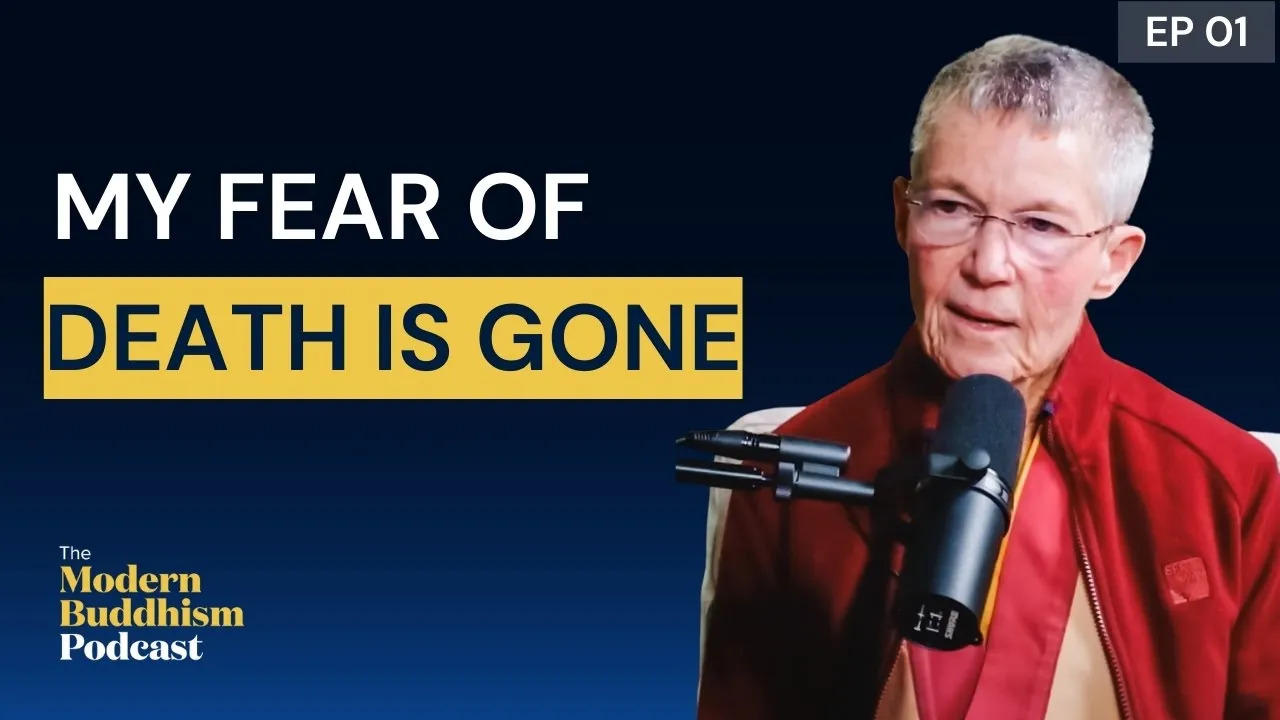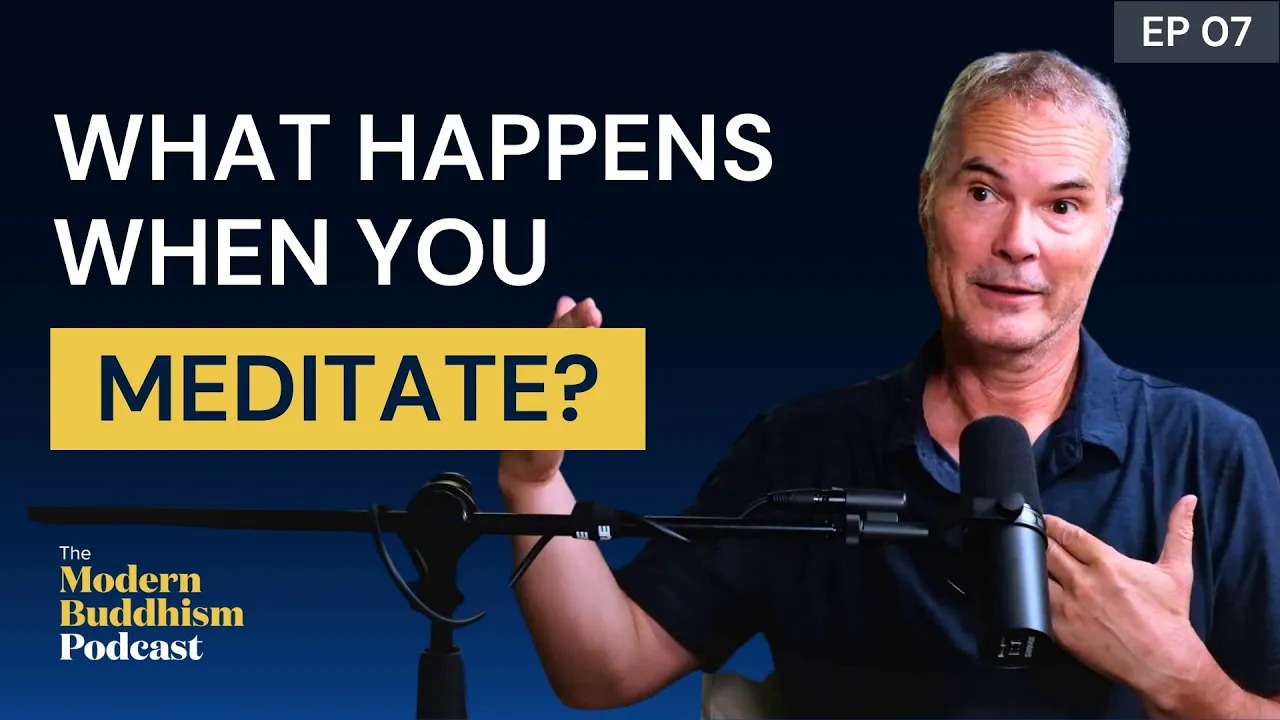Dating with the help of wisdom
Anna Zhang
Serenity in the whirlwind
In June 2023, I relocated to Toronto, Canada, making it the fourth country I have lived in during my working life. The transition to another country as a thirty-something single person is not an easy task: I have to rebuild my life again from scratch without a partner, friends, family, and community.
In the past, I often attributed my singleness to my “nomadic lifestyle” and felt that I ‘moved too much’. After eight months in Toronto, many positive changes are happening in my life. I am starting to make friends, develop new hobbies, explore the city, etc. Yet, the only thing that hasn’t changed at all is my singleness. While many friends all around the world are starting to share their exciting news of getting engaged, getting married, and having kids, I find myself on the internet scrutinising a depressing line graph titled “female egg quality by age” and staring frantically at its sharp decline starting at number 35.
As I navigate this confusing thirty-something singlehood, I am discovering that some Buddhist
principles, learned at my meditation centre, offer profound wisdom and serenity amidst the whirlwind of emotions and expectations.
Questioning loneliness - building connections through empathy
Loneliness often descends when I am alone in my apartment at night; it can morph into a lingering sense of self-pity that preoccupies my mind. It is so quiet that I only hear the fan coil and my relentless inner thoughts. Sometimes I am able to examine where this loneliness and self-pity comes from. We live in a society that is, to some degree unfriendly to single people. We have been constantly bombarded with the idea that true fulfilment can only be achieved through following a traditional family life . Societal pressure is particularly harsh when it comes to women, who are often encouraged to believe that their worth and happiness are largely dependent on their roles as wives and mothers. In the Chinese culture within which I grew up, women over thirty are called “left-over” and are considered inferior.
But does conforming to these social expectations and playing prescribed roles truly solve the problem of loneliness and therefore bring happiness? Not necessarily. We can find many examples of people still being lonely and unhappy in a relationship or marriage, even with children in tow. Research reported in mainstream media suggests that unmarried and childless women constitute one of the happiest subgroups in the population.
From a Dharma perspective, loneliness, like happiness, is an emotion that depends on our mind rather than external circumstances. The real source of happiness is inner peace. If our mind is peaceful, we will be happy all the time, regardless of what society is telling us to do. I started to realise how much stigma single people endure. They are accused of being selfish, miserable and told they will die alone. It is the stigma that leads some single people to feel unhappy, not the singleness itself.
Thinking like this I was able to develop a kinder more realistic attitude towards myself, potential partners, and others struggling in the same way. Recognising our shared human experience of suffering, doubt or feeling inadequate drove away feelings of loneliness and my self-pity faded away in the face of growing empathy.
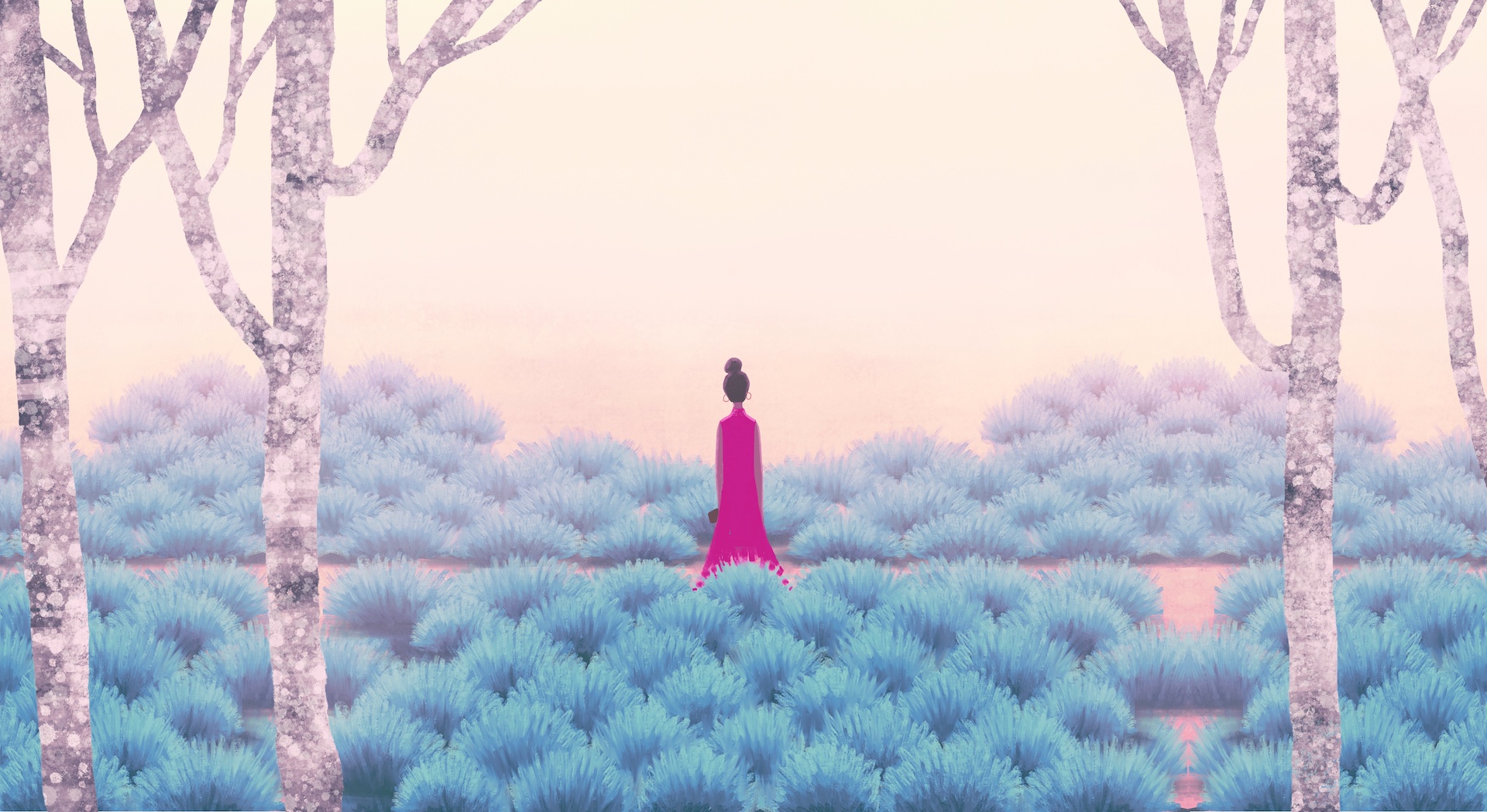
Riding the Waves of Uncertainty
Besides grappling with the emotion of loneliness and self-pity, I sometimes struggle with self-blame in which I dwell on the past and am anxious about the uncertainty of the future. Maybe I shouldn’t have broken up with that person who was eager to settle and get married; maybe I shouldn’t have had that relationship that destroyed my self-esteem for several years; maybe I should have tried harder so I could turn this last “situationship” into a relationship. These past failures can instil a fear of making the same mistakes again. When I encounter a new potential partner, I keep asking these questions: Where is this going? Is this the right person? What if the relationship doesn’t last? I try to inquire about every piece of information and scrutinise every detail.
Buddhist philosophy emphasises the impermanent nature of all things – relationships included. Realising relationships evolve and change, and that some may be fleeting while others endure, can allow us to approach dating with a sense of openness and acceptance. Embracing impermanence and uncertainty doesn’t diminish the value of connections; it makes us more focused on the beauty of the present moment. It also encourages us to cherish the journey and the people we encounter along the way, regardless of the ultimate outcome.
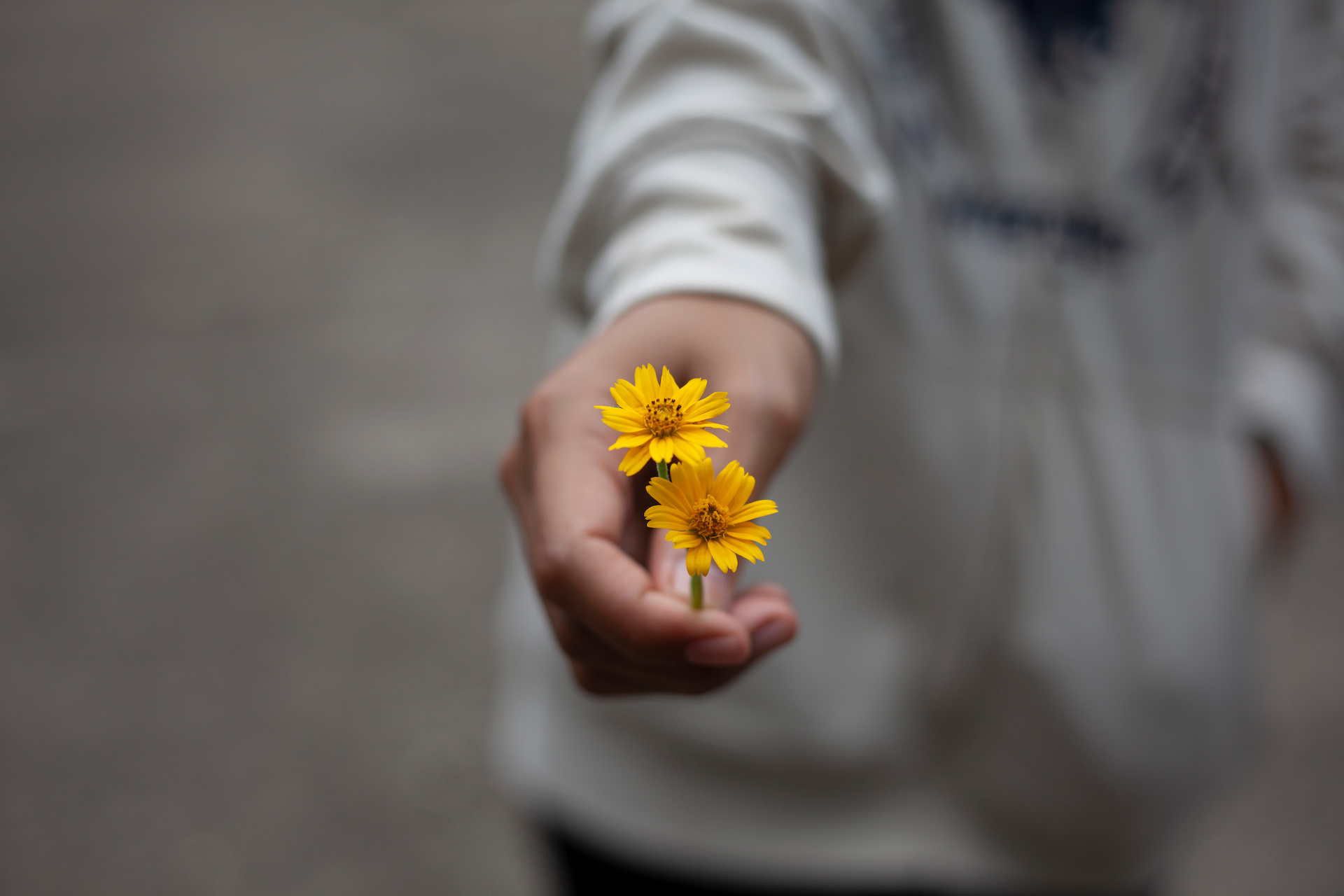
Love is the wish that others be happy
In the early stages of my romantic journey, I have heavily focused on what this person can give me and whether they can make me happy. One day, during a meditation class on love, the teacher defined the essence of love from a Buddhist perspective: “Love is the wish that others be happy”. Only when we wish for others to be happy, without conditions, attachments, or demands, can we find the essence of true love.
When I go on dates these days, I try to bring this renewed intention: I wish myself to be happy, and I wish you to be happy. This doesn’t mean that we must be romantically involved; rather by shifting the focus from self-centred desires to the well-being of others, we can diminish self-cherishing and lessen problems or unhappiness for ourselves. Also, this helps us to assess compatibility more objectively. Do I love the part of the person that they treasure the most? Do they love the part of me that I value about myself the most? Especially if I know someone is not a match, I now try to let them know directly and kindly. It is not a kind or compassionate act to string people along or use people just to get through difficult times when we know our feelings don’t match theirs. In the face of rejection, instead of feeling resentment or anger, we can wish them happiness because someone else will be a good fit for them. Understanding that everyone carries their own burdens and joys, and everyone deeply wants to be loved, softens the edges of judgement and allows connections to unfold organically.
Writing this doesn’t mean I have solved all my challenges. I am still occasionally overwhelmed by strong emotions and feelings of loneliness, self-doubt, anxiety and uncertainty about the future. In those moments, I go and sit on my meditation cushion, where I am reminded of a fundamental truth: that happiness depends on my mind rather than external circumstances, and I can find connection, joy, and love everywhere, not just in romantic relationships. There are people briefly entering and exiting my life, and so do the emotions that I am experiencing, coming and going, and they make me feel alive. I find solace in simply being present, embracing the here and now, observing and enjoying this precious moment of inner stillness.
Anna Zhang
Anna Zhang attends KMC Canada
